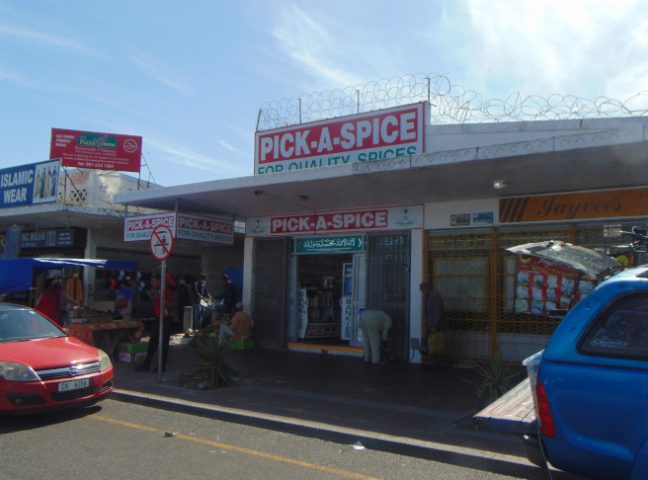
The Spice Wars (Part Six) – The DEIC
January 1, 2022
The Spice Wars (Part Eight) – War Crimes and Subjugation
January 3, 2022By Satish Sekar © Satish Sekar (January 2nd 2022)
The Worst Villain Unhung?
Laurents Reael, the third Governor-General of the Dutch East Indies, proved too liberal and humane for the tastes of the Dutch East India Company (DEIC). Reael had wanted to win the Banda Islanders, the sole source of the coveted spice, nutmeg, over through diplomacy rather than through the ongoing war. He also wanted to trade with competitors by respecting their rights too.
However, monopoly capitalism the DEIC dreamed of, had no plans for humane capitalism. The DEIC wanted a monopoly over the trade that respected nothing but their profit margin, so Reael had to go. He returned to the Netherlands and the wilderness until 1625. Meanwhile, Reael was replaced as Governor-General by a man who had no time for Reael’s sensibilities, Jan Pieterszoom Coen. Reael died of bubonic plague in 1637. By then the damage he had hoped to prevent had taken place and set the scene for worse to follow.
However, Reael’s successor, Coen, was hailed as a Dutch hero for many years. That changed as the events of the past were viewed through different eyes. The conduct of the DEIC in the Dutch East Indies (Indonesia) was vicious but effective. For more than a decade the inhabitants of the Banda Islands resisted the Dutch’s demands for a monopoly on the cheap. Coen’s solution was atrocious, but it had the result he wanted (see Part Eight – War Crimes and Subjugation). Coen sought and received permission from the Netherlands to use harsher methods to force the Banda Islanders to accept subjugation and a monopoly that gave them the coveted spice cheaply and in return for unwanted produce..
His first spell as Governor-General of the East Indies 1619-1623 was a great success from the DEIC point of view. They received nutmeg cheaply and in return for unwanted produce. The Banda Islanders were refused permission to trade as they wanted even though they were offered far better terms than the Dutch gave.
Coen’s Methods
Coen certainly enriched himself and the DEIC through the Spice Wars. He twice served as Governor-General of the Dutch East Indies – 1619-23 and the second 1627-29. His methods to secure control and governance were brutal but ruthlessly effective. The company and his nation benefited. The DEIC controlled the Spice Trade and that suited the Dutch government at the time.
Coen died comparatively young, his reputation intact, but there was more to this. The Banda Massacres (see Part Eight) were little short of genocide. Slavery and transportation followed. The indigenous population were moved off their land and shunted off into cramped settlements that suited Dutch interests. Three decades later it would happen again, but in South Africa.
Once again, the Spice Trade was the cause. Having seized control of the lucrative trade, further misery was required to maximise profits. Indigenous lives mattered little in the East Indies. Coen was dead but the DEIC was no better. Not only were indigenous Banda Islanders and other subjugated people from the Dutch colonies in the East Indies and east Asia robbed of their way of life and freedoms, they were also enslaved and then transported again in the other slavery Diaspora[1] to affect Africa.
[1] In the 1650s Johan van Riebeeck arrived in South Africa’s Cape of Good Hope. Like Coen, he saw indigenous people as inherently inferior to him. He wanted them to work for the Dutch. When nothing worked, the solution was dispossess them, and bring in enslaved Batvians – the transported Banda Islanders. Not only were the Banda Islanders victims of Coen’s brutality and transported to Batavia, but later transported as slaves to van Riebeeck’s settlement in Table Bay (Cape Town). This was the beginning of Indonesians and Malays settling in South Africa. It was several decades before indentured labour. It was also the beginning of race-based slavery and the slave trade in South Africa.



